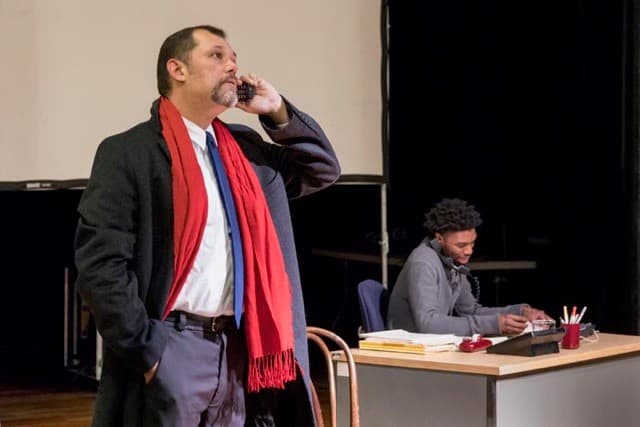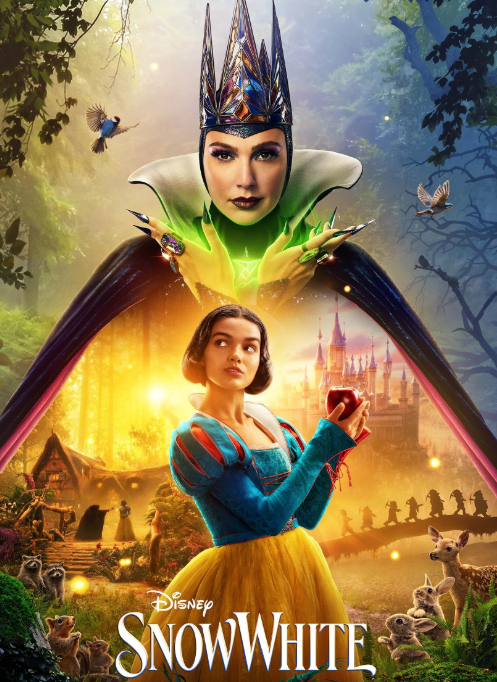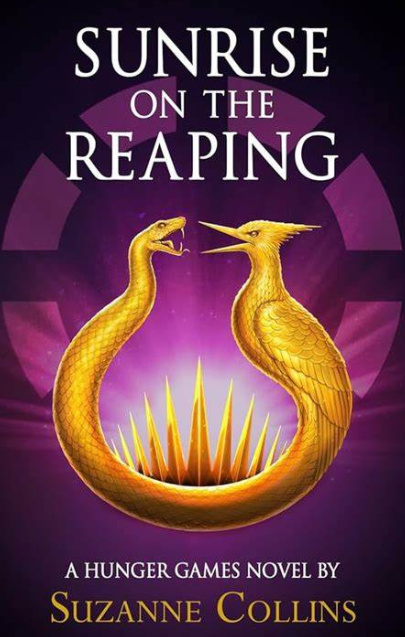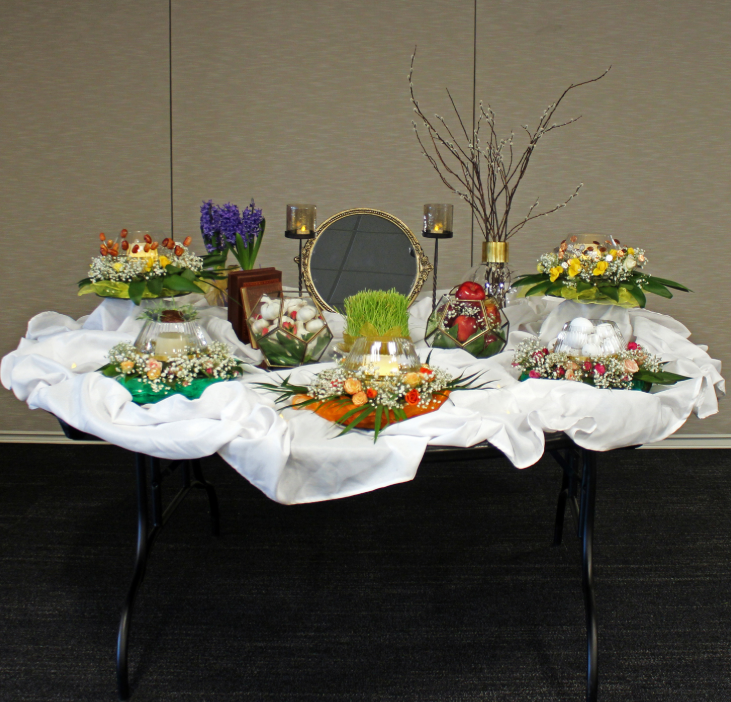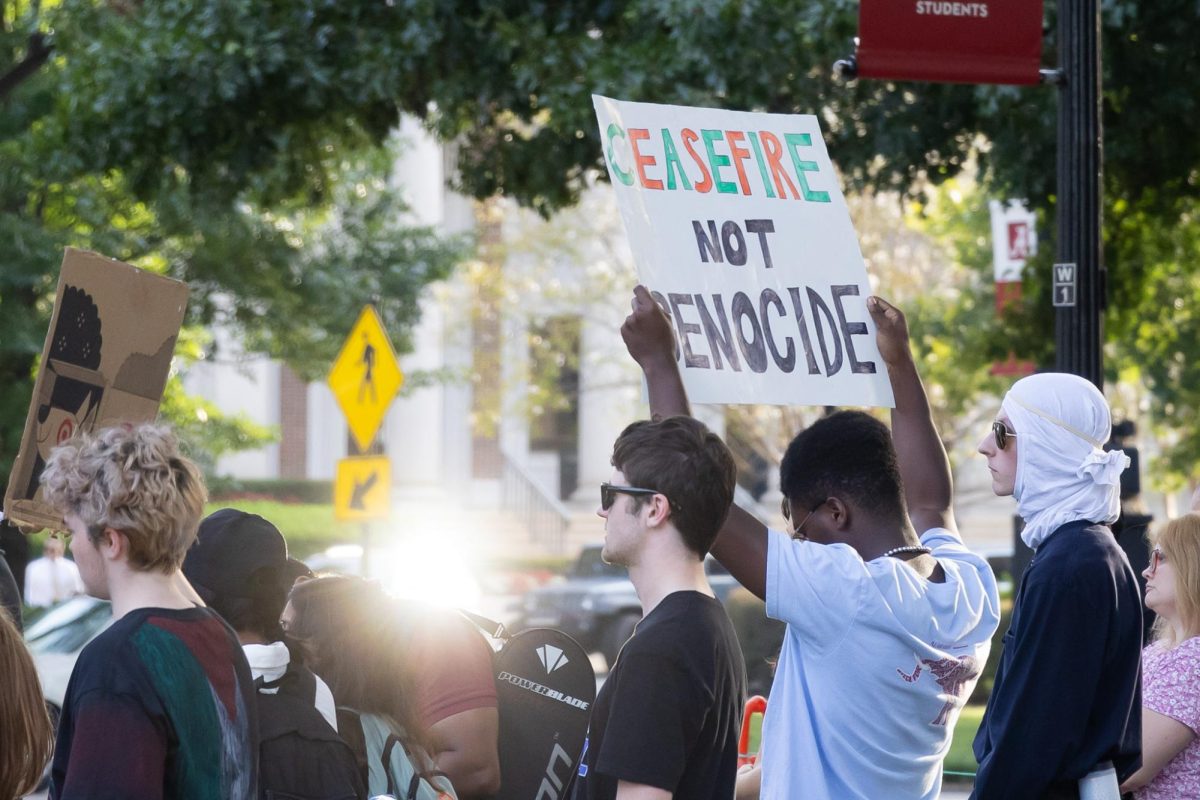Plagiarism, scandal and drama are all put on display in Second Stage’s production of CQ/CX. Second Stage is a second umbrella program of the premiere theatre of the area, Theatre Tuscaloosa.
CQ/CX follows Jason Blair, a young journalist at The New York Times that gets thrown into the middle of a plagiarism scandal in the early 2000s. The play takes place at a time when the country was at war with the Middle East and the media was under scrutiny by the public.
The unusual title of the play is journalism jargon. The CQ part means that one would check their sources and making sure they are putting out quality sources. The CX part means that a story or source needs a correction.
CQ/CX will be presented by Theatre Tuscaloosa at The Dinah Washington Cultural Arts Center Nov. 1-3 and 5.
“This is a loosely dramatized play, but it covers a lot of serious material,” said Kiera Gillock, the director of the play. “CQ/CX talks about everything from journalistic principles to racial tension, and it shows how these ideas are still at the forefront of society today.”
Because of the serious subject matter, Gillock conducted research on the events leading up to the scandal, the timeline of the scandal, and the people involved. She also had many cast members research their characters and the event.
Gillock said the most important part of working on the play was getting the actors to open up and create an honest dialogue. One actor had lived through the Civil Rights Movement, and another actor is a lawyer who has worked with cases on the social spectrum. Another actor became part of the production with only 10 days to learn the script and rehearse.
“We only see systematic racism today, and not the blatant racism of 50 years ago so it was so interesting to hear this actors’ experiences with direct racism before and even after the Civil Rights Movement,” Gillock said. “Having people share these real-life stories was a real benefit and being able to bring that on stage is really what it’s all about.”
One actor that was able to share his experiences is William Nevin, who is a UA journalism professor.
“The play is written by a former journalist about journalism so it’s got a lot of industry terms,” Nevin said. ”For the average person, they don’t know what that is and in the context of the play in those scenes you need to know what the industry lingo means.”
Nevin helped Gillock and the other actors understand the industry lingo with scenes like one involving the concepts of on the record and off the record. He was even able to add his journalist perspective to the director’s notes.
“The most personal connection I have with the play is as someone who worked at the CW for many, many years and who was here teaching when the whole Madison Roberts thing went down,” Nevin said. “I remember being so mad, so angry, because my friends and I had spent so much time at the CW and we treated it so seriously and we worked so hard and for this person to treat it like it was a playground or her personal fiction journal.”
Nevin said this anger is shown in the play through scenes with Jason’s colleagues. This emotion really comes out due to the fact that the original playwright, Gabe McKinley, was a journalist at The New York Times during the Jason Blair scandal.
“It’s a real human show, like there’s a lot of business and industry, but at its core it’s about human emotion,” Nevin said. “It’s about these false lies that we make up for ourselves and what happens when they crumble and how do you pick up the pieces and move on.”
Adam Miller, the managing director at Theatre Tuscaloosa, said the subject matter covered in CQ/CX is edgier and more contemporary than normal Theatre Tuscaloosa productions. This is because the play is produced under a second umbrella organization of Theatre Tuscaloosa, the Second Stage Program.
“Second Stage gives new artists, actors and directors to produce and be a part of plays,” Miller said. “It gives them a safe space to practice the art of theatre and to stretch their wings and try something new.”
Generally the plays produced by the Second Stage Program are not as well-known, but they are challenging and edgier. While the plays feature many new actors, there are also some veteran actors returning from a hiatus to put on the CQ/CX play.
“This play gets to the heart of what is news and what is truth,” Miller said. “It’s especially relevant to our era of technology and fake news.”



